Earlier last month, Indonesia scrapped both proposals from China and Japan to build a high-speed rail link between the capital of Jakarta and Bandung. President Joko Widodo couldn’t decide which country to award the deal to. Tons of envoys were sent by Beijing and Tokyo to Jakarta to woo Indonesian politicians.
Besides financial and technical considerations, Indonesia was also facing diplomatic dilemma on the table. While Japan is its second-biggest investor, China is Indonesia’s largest trade partner. But a solution is needed to tackle the present train ride from Jakarta to Bandung, a distance of only 150 kilometres (93 miles) but takes 3 hours.
The high-speed train proposals from Beijing and Tokyo would see Indonesians riding at 300 kmh (188 mph) and cut the time to 35-minutes. However, the cost of US$5.3 billion (78 trillion rupiah; RM23.5 billion; 33.7 billion Yuan) was simply too gigantic and risky for Jokowi administration. Hence, in the cancellation decision, Indonesia noted they want a cheaper “medium-speed” train.
Apparently, Indonesia justified it would make more sense for a 45-minute train ride between both cities, a 10-minutes slower trip, with cost saving of 30% to 40%. It would have been the first high-speed railway in the Southeast Asia, and analysts believe that whoever wins will have an upper hand for other high-speed rail projects coming up in Asia, including one linking Kuala Lumpur and Singapore.
Now, The Japan Times has reported that its country has lost the deal to China. It was reported that Sofyan Djalil, head of the Indonesian National Development Planning Agency, told Chief Cabinet Secretary Yoshihide Suga in Tokyo on Tuesday that Indonesia planned to welcome the Chinese proposal. So, how did China skilfully wrest the contract after it has been cancelled?
As Sofyan explains, it appears that China recently made a “new proposal” to build the high-speed rail link between Jakarta to Bandung “without Indonesian fiscal spending or debt guarantee”. Sofyan has taken to make a trip to Japan, as a special envoy of Indonesian President Joko Widodo, to convey the news.
In Jakarta, Presidential Chief of Staff Teten Masduki told reporters that Japan failed to win Indonesia’s heart because its proposal was more about “government-to-government” cooperation, while Jakarta preferred “business-to-business” cooperation. To cheer the disappointed Japanese government, Indonesia said there’re still a lot of opportunities in Indonesia’s infrastructure sector.
However, the Japanese Chief Cabinet Secretary wasn’t impressed with the decision when he termed the Indonesian’s decision as “difficult to understand” and “extremely regrettable”. Yoshihide Suga also doubted the feasibility of the Chinese proposal to build the railway without Indonesian funding. “It defies common wisdom. I doubt if it would be successful” – Suga said.
Critics say Indonesian has made a huge mistake and believe officials were bribed, not to mention the questions about China’s safety standard. Japan was initially confident they would win the contract because of its legendary shinkansen bullet trains which for decades have whizzed between cities without a single fatal accident. In comparison, China saw 40 people killed and about 200 injured in its 2011 train crash.
China has countered this by arguing it has built thousands of kilometres of high-speed railway in the 12 years since it began constructing bullet trains. Obviously, Indonesians can live with a little risk as long as it doesn’t come with heavy financial burdens. And since this will be China’s first high-speed train project in the region, the conventional wisdom is Beijing will deliver its best to instil confidence.
It is worth to note in the first scrapped proposal, China was offering a 77.29 trillion rupiah (US$5.27 billion) loan with a 50-year tenure and an interest rate of 2% in U.S. dollars. In comparison, Japan offered a 60.14 trillion rupiah repayable over 40 years at an interest rate of 0.1% in yen, with a 10-year grace period.
If there’s one single reason why the Japanese has lost, Rini Soemarno (Indonesia’s minister for state-owned enterprises) has this to offer – Japan had asked for a loan guarantee from the Indonesian government. Yoshihide Suga should stop being a sour grape and understand that Indonesia wanted to strike a balance between the two powers in handing out high-profile infrastructure projects.
After all, Japan already holds contracts to build Jakarta’s mass rapid transit system and the biggest coal-fired power plant in the region. Flushed with trillions of dollars in foreign reserves and cheap labour plus production costs, financing and pricing are something that Japan has no hope of beating China. Perhaps Japan should start working on high-speed train connecting Jakarta and Surabaya.
Understandable, this Jakarta-Bandung high-speed train contract is important to Prime Minister Shinzo Abe’s goal of pursuing overseas infrastructure projects for economic growth. But it’s equally important for China who has been ramping up investment in Southeast Asia in recent years. Of course, China’s primary objective is to challenge Japan’s influence in Southeast Asia.
Other Articles That May Interest You …
- Don’t Care!! Beijing Celebrates Japan’s WWII Defeat, But Citizens Tour Japan
- Here’s Why China’s Yuan Devaluation Is Such A Big Deal
- China’s Latest Food Scandal – Rotting 40-Year-Old Meat For Dinner Tables
- Only In China – Fake Bank Scams 200 Customers Of 200 Million Yuan
- Restaurant Manager With Balls Of Steel, Sues Japan’s Yakuza Godfather
- Wanna Become An Indonesian Policewoman? Take A Virginity Test First
- There’s A New Bank On The Block, And The U.S. Isn’t Happy About It
- Amazing Japan Culture – From Long Working Hours To Sleeping Drunks

|
|
September 30th, 2015 by financetwitter
|


|

|

|

|

|

|






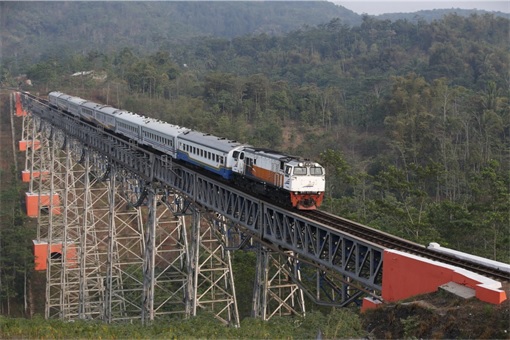
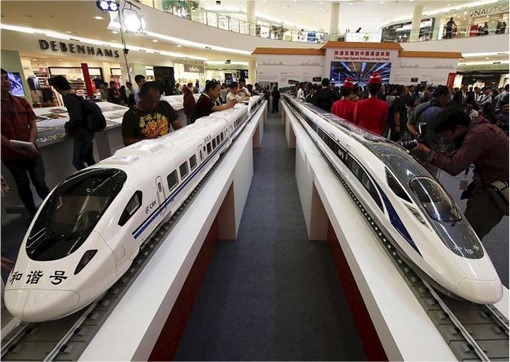
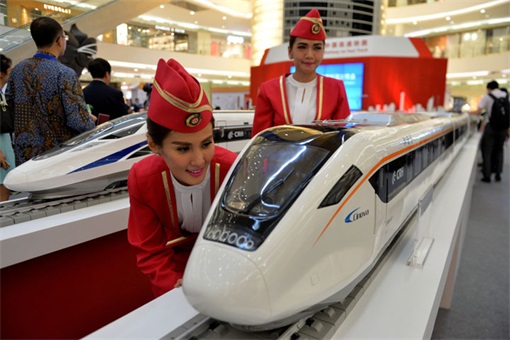
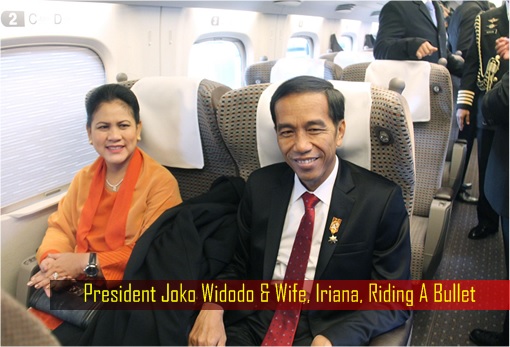
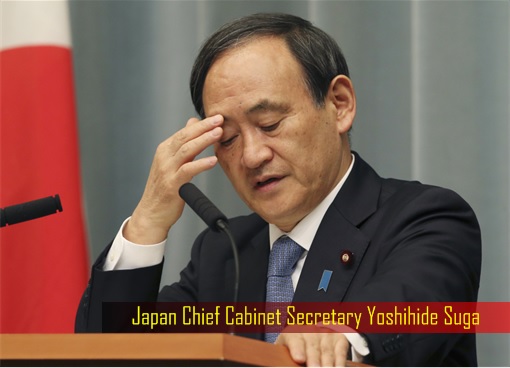
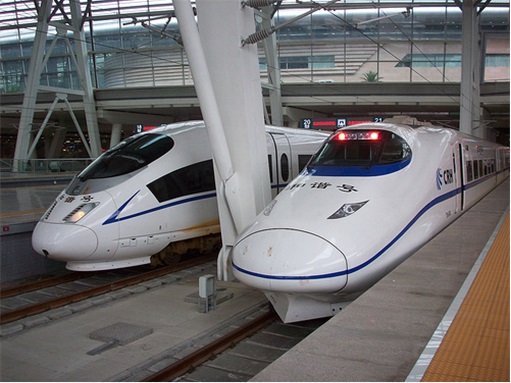
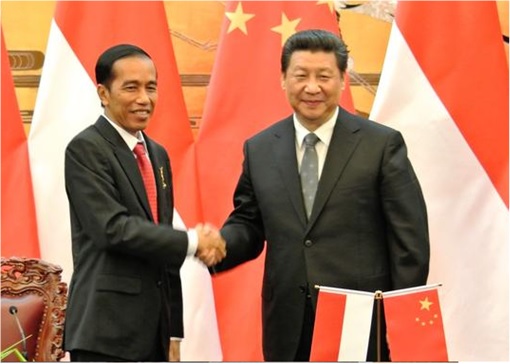
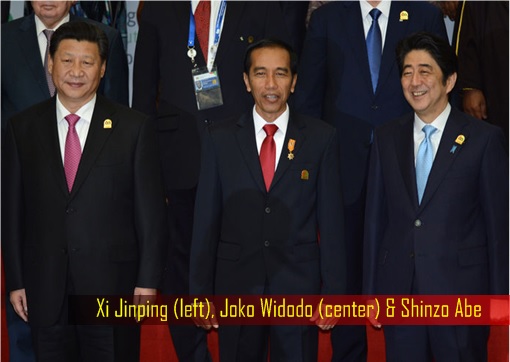






















Comments
Add your comment now.
Leave a Reply